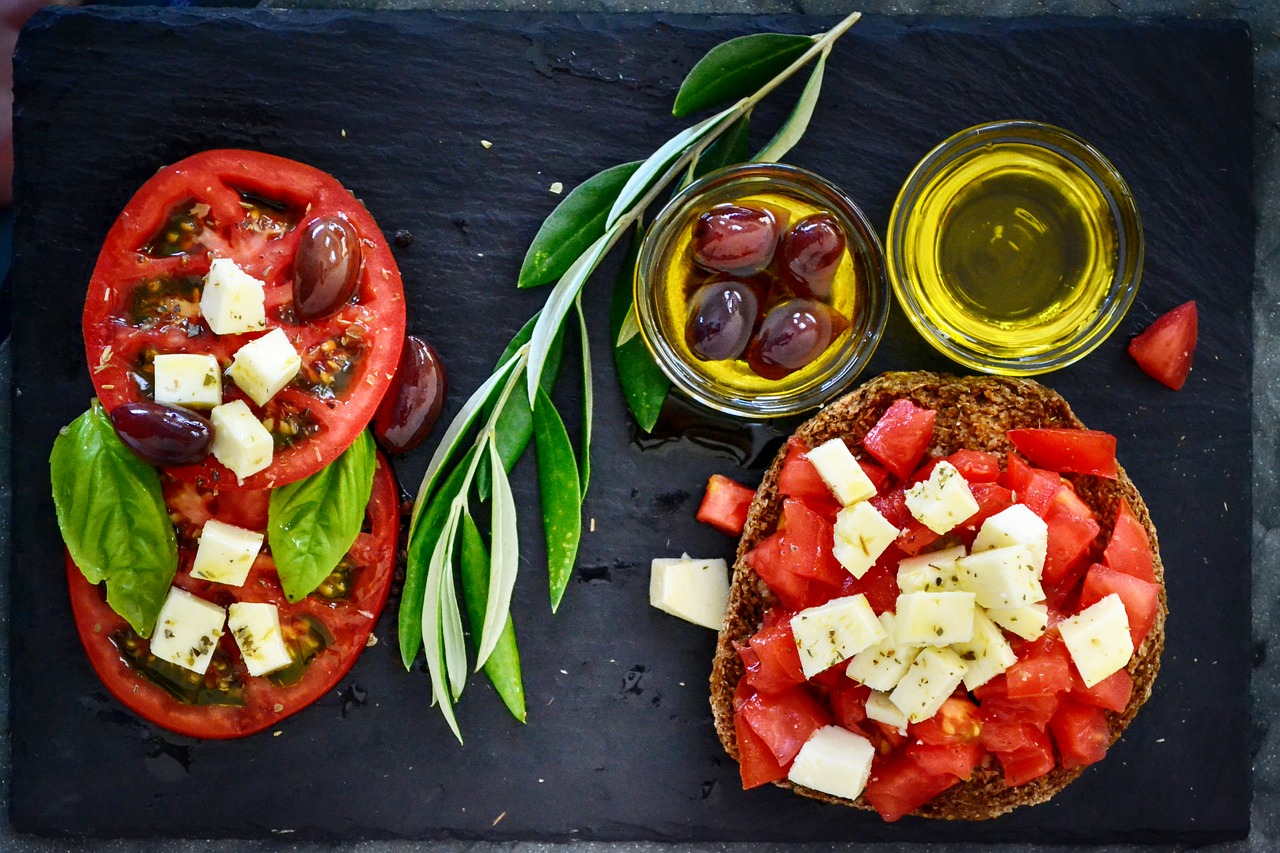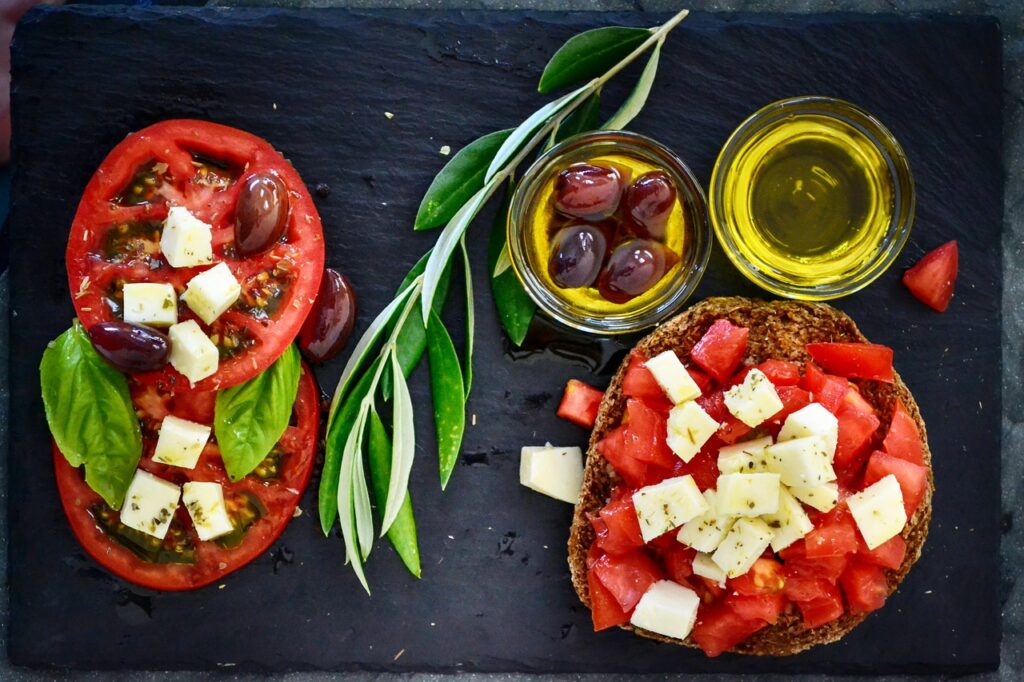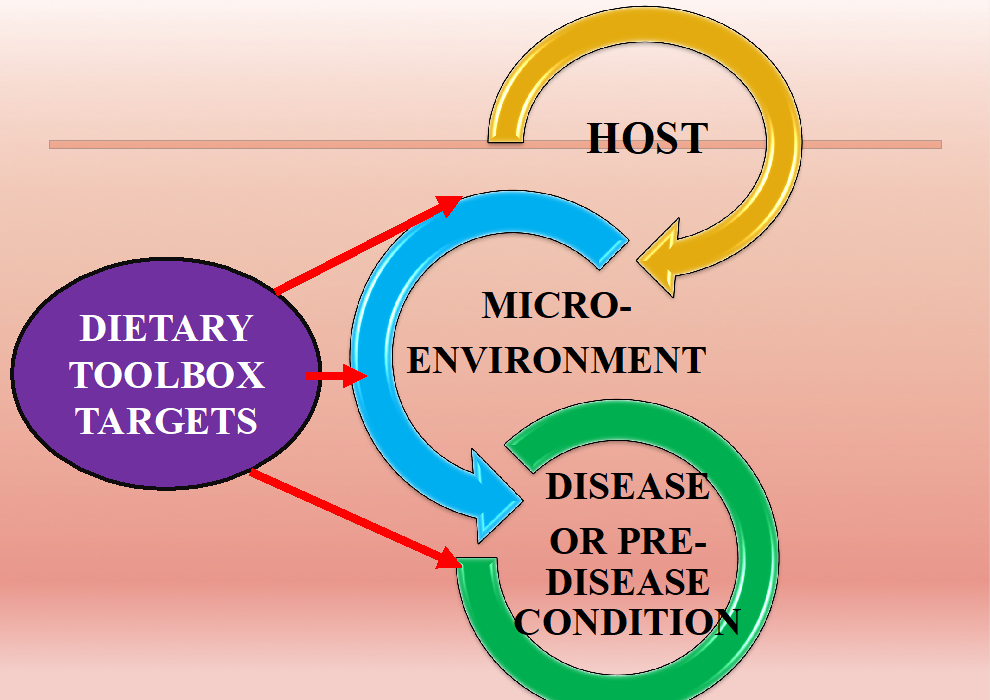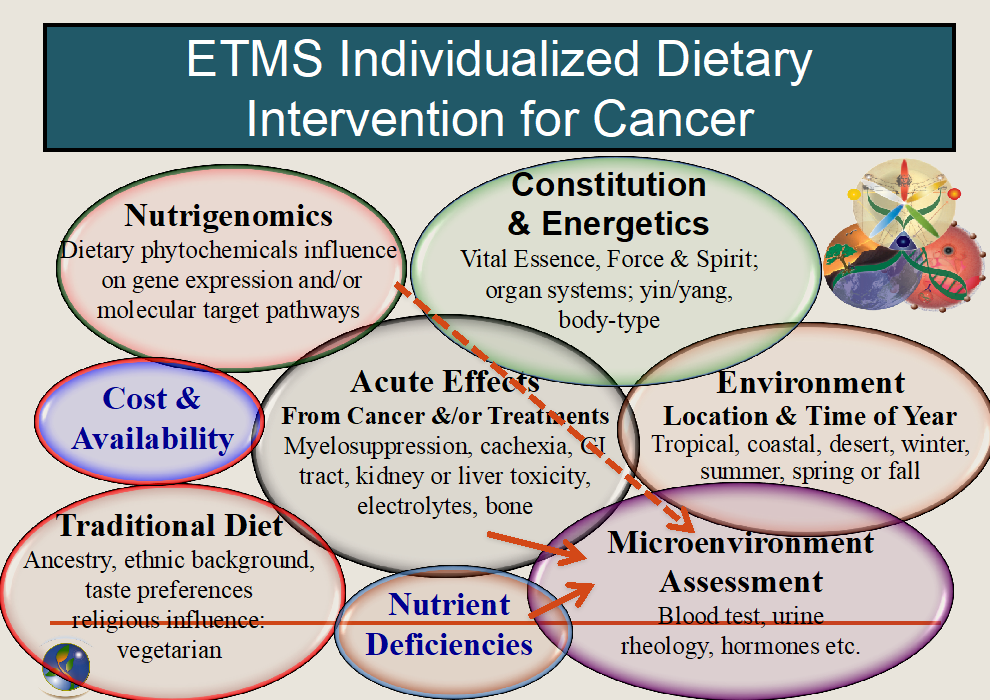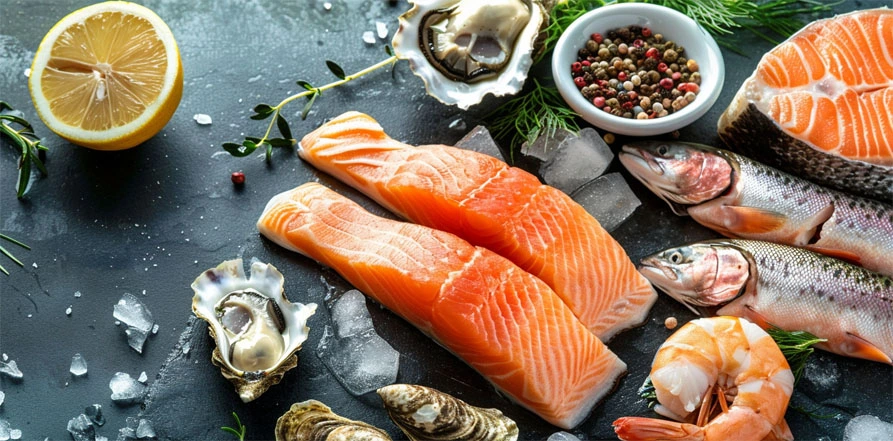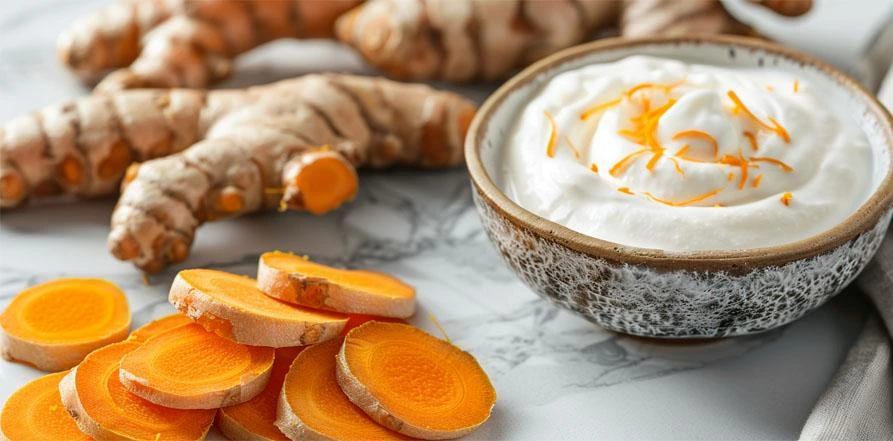I’ve spent the past four decades researching and refining the diet that I’ve found best supports health and healing. The Eclectic Triphasic Medical System (ETMS) approach to diet is based on traditional wisdom and supported by scientific research. It is sensible, balanced, diverse, nutrient-rich, and delicious.
In my last post, I addressed the currently popular ketogenic diet, which many people have adopted for weight loss. Other people pursue the carbohydrate-restrictive, fat-laden keto diet with the hope of curing cancer. Neither of these outcomes is supported by research.
Guidelines for the ETMS Diet: An Optimal Nutrition Plan
The primary guidelines of the ETMS diet are based on a pesca-flexa-vegetarian diet, which I describe in detail here: https://donnieyance.com/pesca-flexa-vegetarianism.
However, to fully implement an ETMS diet requires carefully examining the ‘host,’ ‘microenvironment,’ and ‘disease’ using several investigative lens. This enables the diet to be personalized for optimal results.
The ETMS Diet (Dietary Toolbox) targets the host, microenvironment, and the disease characteristics (phenotype). It is a flexible diet that in that it takes into consideration the following:
1) Individual Constitution and Food Energetics: Foods that nourish inward and outward vitality, the main organ systems (Kidney, Spleen, Liver, Lung and Heart) and specific tissues and organs.
2) Nutrigenomics: This emerging field of research considers the relationship between diet and genetics, and identifies the beneficial or detrimental health effects of various dietary components.
3) Super-Phytonutrient Rich Foods: Specific nutrients targeted to inhibit all aspects of cancer, including seasonal and wild foods and herbs for building health and inhibiting cancer.
4) Protective Foods: Specific foods and dietary recommendations for cancer patients undergoing chemotherapy, radiation, and surgery.
5) Healing Foods for Cancer Related Side Effects: Specific foods and dietary recommendations for common cancer related ailments including cachexia, nausea, constipation, diarrhea, heartburn, mouth sores, anemia, immune-suppression, fatigue, edema, gout, etc.
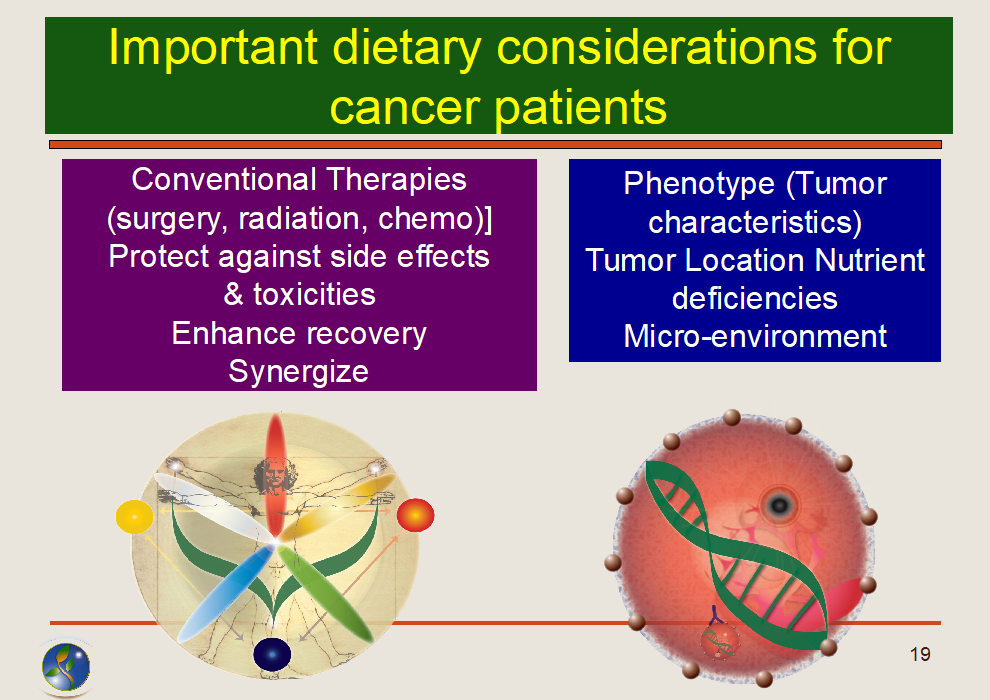
The Relationship of Diet and Immune Therapy Response
People who eat a plant-based diet that includes whole grains have a more diverse gut microbiome and respond significantly better to immune therapy than those eating grain-free animal-rich diets. In research, patients responding more favorably to immune therapy had a significantly greater abundance of bacterial taxa of the order Clostridiales, specifically, Ruminococcus spp (from a plant-based diet rich in high-fiber whole grains), compared to nonresponders, whereas nonresponders had a greater abundance of bacteria of the order Bacteroidales.1
Numerous experimental studies have reported a reduction in the incidence of tumors and cancers after feeding specific foods with a prebiotic effect. Some of these studies (including one human trial) have also reported that in such conditions, gut microbiota composition was modified (especially due to increased concentration of bifidobacteria). Prebiotics, such as fructans, and probiotics such as Lactobacilli or Bifidobacteria (referred as symbiotics), have a synergistic protective effect against cancer.2
The ETMS Approach Goes Beyond the Mediterranean Diet
The foundation of the ETMS diet is a balanced array of organic, unrefined, and unprocessed whole-foods. It is plant-based, rich in phytonutrients, and draws from the healthful traditions of Mediterranean, Middle-Eastern and Asian cuisines. In particular, a great deal of research shows that populations living in the area of the Mediterranean Sea have a decreased incidence of cancer compared with those living in northern Europe and the U.S. The Mediterranean dietary pattern is beneficial to health across populations and appears to offer protection against cancer, heart disease, and neurological disease. The research data on this population has been consistent over time, whether single nutrients, food groups, or more complex dietary patterns have been analyzed. 3-6
In a study of more than 90,000 women in the California Teachers Study (including more than 4,000 women with invasive breast cancer), researchers found that following a plant-based dietary pattern is associated with reduced breast cancer risk, particularly for ER-PR- tumors. The researchers concluded that a plant-based diet offers a potential avenue for prevention.7
In another study of more than 4500 men with nonmetastatic prostate cancer, those who maintained greater adherence to a Mediterranean diet after diagnosis experienced a 22% reduced risk of overall mortality.8
It’s clear that the Mediterranean diet offers significant protection against all degenerative diseases. Consuming a Mediterranean diet has been shown to improve endothelial function, and reduce waist circumference, plasma glucose, and serum insulin in metabolic syndrome. A greater adherence to a Mediterranean diet is associated with significant reduction in overall mortality, mortality from cardiovascular diseases and stroke, incidence of or mortality from cancer, and incidence of Parkinson’s disease, Alzheimer’s disease, and mild cognitive impairment. Researchers have found that total stroke risk reduction was statistically significant for fish intake once per week, while the risk of stroke was lowered by 31% in individuals who ate fish 5 times or more per week.9
The ETMS diet offers all of the benefits of this traditional way of eating, but is also personalized to the individual’s constitution, physical energy expenditure, acute and chronic conditions, disease, and symptoms, as well as the heritage, nutrigenomics, geographical location, and time-of-year. The tumor type and location of the cancer also plays a role in some aspects of ETMS diet. Finally, the social and economic implications should be considered when creating a personalized diet for cancer patients.
In my experience, the ETMS diet accomplishes the same—and additional—cancer suppressing benefits of the keto diet without the unpleasant and dangerous side effects of a restricted and unbalanced diet.
Whether for weight loss, improving metabolic function, bolstering defense against degenerative illnesses, or simply enhancing health, the ETMS diet is an optimal nutritional approach, and can easily be personalized to individual preferences. Equally important is that the ETMS offers a diet that can be enjoyed for a lifetime, without feelings of deprivation.
References
1. Dr Wargo (Medscape Medical News.) 2016 NCRI Cancer Conference. Presented November 9, 2016.
2. Femia AP, Luceri C, Dolara P, et al. Antitumorigenic activity of the prebiotic inulin enriched with oligofructose in combination with the probiotics Lactobacillus rhamnosus and Bifidobacterium lactis on azoxymethane-induced colon carcinogenesis in rats, Carcinogenesis. 2002 Nov;23(11):1953-60. Br J Nutr. 2010 Aug;104 Suppl 2:S1-63.
3. Grosso G, Buscemi S, Biondi A. Mediterranean diet and cancer: epidemiological evidence and mechanism of selected aspects, BMC Surg. 2013; 13(Suppl 2): S14.
4. Panico S, Mattiello A, Panico C, Chiodini P. Mediterranean dietary pattern and chronic diseases. Cancer Treat Res. 2014;159:69-81. doi: 10.1007/978-3-642-38007-5_5.
5. Buckland G, et. al., Adherence to the Mediterranean diet and risk of bladder cancer in the EPIC cohort study, Int J Cancer. 2013 Oct 31. doi: 10.1002/ijc.28573.
6. Titova OE, Ax E, Brooks SJ, Sjögren P, et al. Mediterranean diet habits in older individuals: Associations with cognitive functioning and brain volumes. Exp Gerontol. 2013 Oct 11. doi:pii: S0531-5565(13)00303-3. 10.1016/j.exger.2013.10.002.
7. Link LB, Canchola AJ, Bernstein L, Clarke CA. Dietary patterns and breast cancer risk in the California Teachers Study cohort, Am J Clin Nutr. 2013 Dec;98(6):1524-32. doi: 10.3945/ajcn.113.061184. Epub 2013 Oct 9.
8. Kenfield SA, et al. Mediterranean Diet and Prostate Cancer Risk and Mortality in the Health Professionals Follow-up Study. Eur Urol (2013),
http://dx.doi.org/10.1016/j.eururo.2013.08.009
9. Demarin V, Lisak M, Morović S. Mediterranean diet in healthy lifestyle and prevention of stroke, Acta Clin Croat. 2011 Mar;50(1):67-77.


